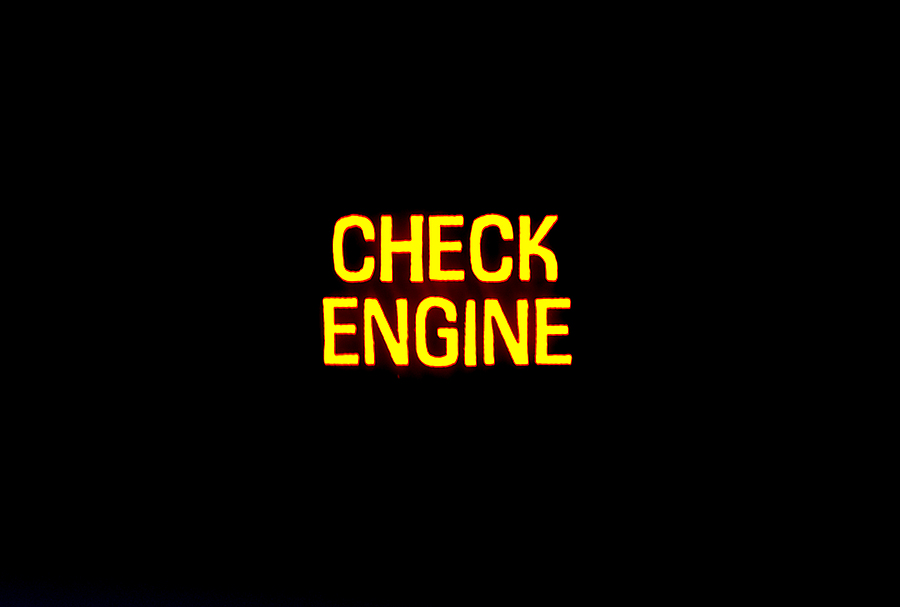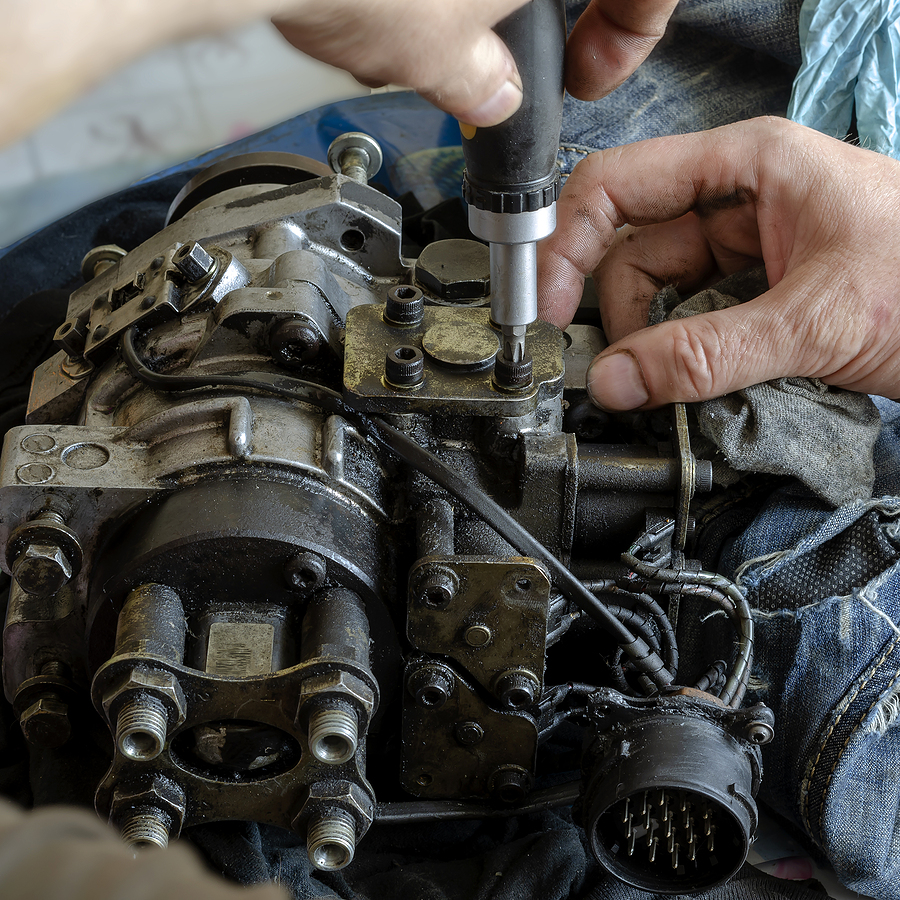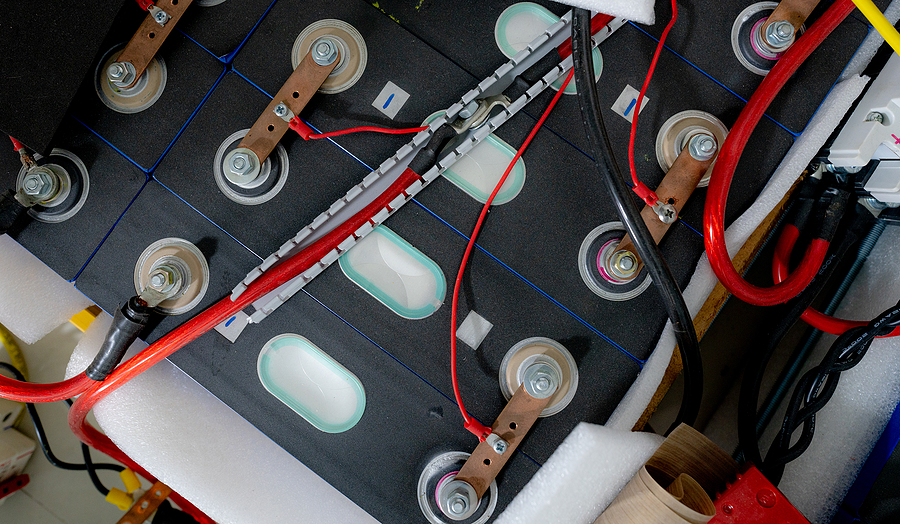According to the U.S. Department of Energy, the transportation sector accounts for 29% of greenhouse gas emissions in the United States. This means your daily commute can have a bigger impact on the environment than you think. But it’s not just the environment that suffers. Fuel prices are projected to rise in 2023 and beyond. Improving your vehicle’s fuel efficiency can save you money at the pump and reduce your carbon footprint.
In this blog post, we explore practical tips for improving your car’s fuel efficiency, the environmental impact of better gas mileage, and the latest advancements in fuel-efficient technology.

Understanding Fuel Efficiency
Fuel efficiency is generally measured in miles per gallon (mpg). The higher the mpg, the less fuel your car consumes for each mile driven. While it might be tempting to assume that larger vehicles will naturally have lower fuel efficiency, upfront measurements might surprise you. In fact, some SUVs can be just as fuel-efficient as compact cars.
Many factors affect your car’s fuel efficiency, including:
- Driving habits
- Vehicle maintenance
- Environmental conditions
- The type of fuel used
- The weight of the vehicle
- The aerodynamics of the vehicle
While some of these factors can be controlled – like your driving habits and vehicle maintenance – others are dictated by the type of vehicle you drive and the conditions on the road. However, there are plenty of ways to improve your car’s fuel efficiency regardless.
Practical Tips for Improving Your Vehicle’s Fuel Efficiency
Check Your Tire Pressure
Keeping your tires inflated to the proper pressure is one of the easiest ways to improve fuel efficiency. According to the U.S. Department of Energy, you can improve your gas mileage by about 0.6% for every 1 psi drop in the average pressure of all tires. That’s because under-inflated tires create more rolling resistance, forcing your engine to work harder and consume more fuel.
To avoid this extra load, make sure to check your tire pressure regularly (at least once a month) and before long trips. For most vehicles, the ideal tire pressure can be found on a sticker inside the driver’s door or in the owner’s manual.
Reduce Excess Weight
Another easy way to improve fuel efficiency is to reduce the weight your vehicle has to carry. When shopping for a new car, remember that lighter vehicles tend to have better fuel efficiency. For those who already own an SUV or truck, consider how many items can be removed from your vehicle.
For instance, while roof racks are convenient for transporting bicycles and kayaks, they add wind resistance when not in use. Also, removing any unnecessary items from the trunk can help lighten your load. In fact, every 100 pounds removed from your vehicle can improve gas mileage by about one percent.
Keep Up with Regular Maintenance
Keeping up with regular vehicle maintenance can have a big impact on fuel efficiency. For example, a clogged air filter can restrict airflow to your engine, causing it to work harder and use more fuel. Similarly, old spark plugs can cause incomplete combustion, leading to wasted fuel. Follow your vehicle’s recommended maintenance schedule in the owner’s manual. Regularly check and replace air filters, spark plugs, and other essential components to keep your engine running efficiently.
The Environmental Impact of Improved Fuel Efficiency
Reduced Greenhouse Gas Emissions
One of the primary environmental benefits of improved fuel efficiency is reduced greenhouse gas emissions. According to the U.S. Environmental Protection Agency (EPA), transportation is one of the largest sources of greenhouse gas emissions in the United States. By using less fuel, more fuel-efficient vehicles emit fewer carbon dioxide (CO2) and other harmful pollutants into the atmosphere. This is especially important as climate change continues to pose a significant threat to the planet.
Improved Air Quality
In addition to reducing greenhouse gases, improved fuel efficiency also leads to better air quality. Vehicles that consume less fuel produce fewer tailpipe emissions, which can include harmful substances like nitrogen oxides (NOx) and particulate matter. These pollutants contribute to smog, respiratory problems, and other health issues. By opting for fuel-efficient vehicles and adopting Eco-friendly driving habits, you can reduce your impact on air quality and protect public health.
Conservation of Natural Resources
When you drive a fuel-efficient vehicle or improve your driving habits, you lower your overall fuel consumption. This not only benefits your wallet but also helps conserve natural resources. Fossil fuels, such as gasoline and diesel, are finite resources that contribute to environmental degradation when extracted and burned. By reducing your reliance on these fuels through improved fuel efficiency, you play a role in preserving our planet’s natural resources for future generations.
Technological Advancements in Fuel Efficiency for Modern Commuters
Hybrid and Electric Vehicles
Hybrid and electric vehicles (EVs) represent some of the most significant advancements in fuel efficiency technology. Hybrid vehicles use a combination of an internal combustion engine and an electric motor, allowing them to achieve impressive fuel economy while producing fewer emissions. On the other hand, EVs run entirely on electricity, producing zero tailpipe emissions. According to the U.S. Department of Energy, EVs are typically more efficient than conventional vehicles, converting over 77% of electrical energy from the grid to power at the wheels.
Advanced Driver Assistance Systems (ADAS)
Many modern vehicles are equipped with Advanced Driver Assistance Systems (ADAS) that can help improve fuel efficiency. These systems use sensors and cameras to monitor the vehicle’s surroundings and provide real-time feedback to the driver. For example, adaptive cruise control maintains a set speed while adjusting for traffic conditions, reducing unnecessary acceleration and braking. Additionally, some ADAS features provide recommendations for more efficient driving, such as when to coast rather than accelerate.
Enhanced Engine Technologies
Engine technology continues to evolve, with manufacturers developing more efficient designs that consume less fuel while generating the same power. Technologies such as turbocharging, direct fuel injection, and variable valve timing contribute to better fuel efficiency and reduced emissions. Turbocharging allows smaller engines to produce more power when needed, improving efficiency during normal driving conditions. Direct fuel injection delivers fuel directly into the combustion chamber, resulting in more precise fuel-air mixtures and better combustion efficiency.
Conclusion
Maximizing your vehicle’s fuel efficiency is a win-win solution. Not only does it save you money at the pump, but it also helps protect the environment and reduce your carbon footprint. By following the tips outlined above, you can make a positive impact every time you hit the road. To learn more about how you can improve your car’s fuel efficiency, be sure to contact your local automotive repair shop for routine maintenance.
Don’t wait until it’s too late—ensure your vehicle runs smoothly and efficiently by scheduling routine maintenance today! Contact Autohaus Dierolf at 317-571-0800 for European automotive service and repair in Carmel, Indiana. Our German mechanics are factory-trained with more than 25 years of experience in the automotive service industry.
Related Posts:
The Benefits of Fuel Injection Service for Your Vehicle
How to Calculate Your Car’s Gas Mileage
How Does Tire Width Affect Gas Mileage in Cars?









